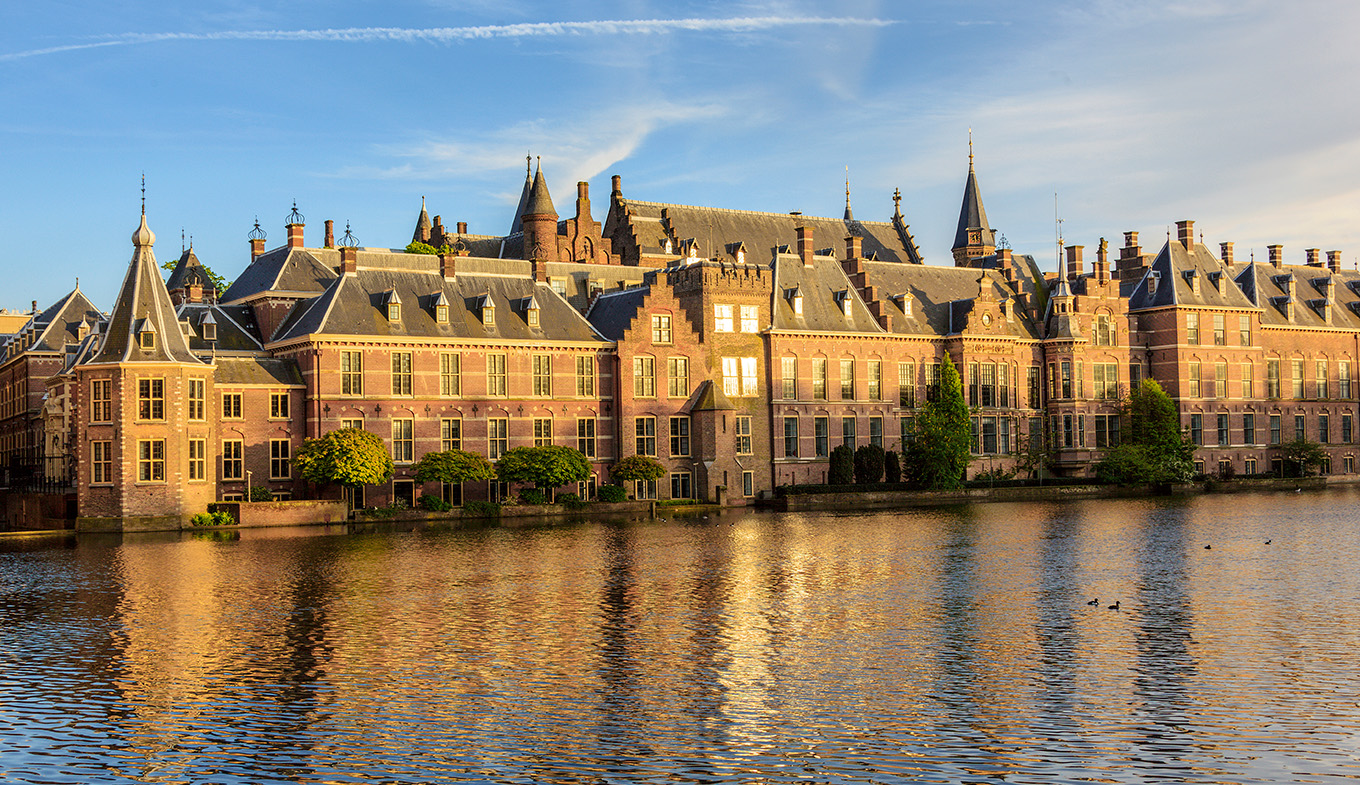
Democracy in the Netherlands - Sept. 9, 2024
Until the beginning of the twentieth century, certain conditions had to be met for suffrage in many democratic countries. For example, until July 1922, women in the Netherlands were excluded from the right to vote. Later the turbulent 1960s certainly contributed to today's democracy in the Netherlands.
The 1960s saw dissatisfaction among the Dutch population. The Netherlands was divided into ideological groups, the so-called 'pillars': Catholics, Protestants, Socialists, and Liberals. This pillarization was on shaky ground. Groups such as the Provo’s, Dolle Mina’s, and squatters expressed their dissatisfaction with this social order. Through confrontational actions, these movements forced changes and played an important role in spurring social and political changes in the Netherlands: the start of modern democracy.
Democracy in the Netherlands
Representative democracy is also known as parliamentary democracy. This form arose because it is practically impossible to allow all people to participate in decision-making on every issue. Thus, the electoral system was created. The elected citizens have certain powers for a certain period, represent the people, and carry out the will of the people.
The Polder Model
The Dutch political landscape, although no longer as prominent as it once was, is still characterized by the polder model. This consensus model is a typically Dutch way of decision-making and conflict management, focused on consensus and cooperation between various interest groups, such as employers, trade unions, and the government.
The model is characterized by consultation, willingness to compromise, and the pursuit of broad agreement to avoid conflicts and reach joint solutions. The polder model dates back to the Middle Ages, when farmers, nobles, townspeople, and other citizens had to work together to build dikes to keep their feet dry.
The Political Situation in the Netherlands
In the Netherlands, there is a parliamentary democracy with a monarch as head of state, a cabinet, the States General, and a legal system. In addition, there are three important State Colleges that do not play a political role but have an important role: the Council of State, municipalities, provinces, water boards, and a Social and Economic Council.
The Netherlands has a royal house, and according to the Dutch Constitution, the monarch is the head of state of the Netherlands. He/she is part of the government and represents the Netherlands abroad. Some tasks include signing laws, chairing the Council of State, appointing ministers, and being involved in cabinet formation. The monarch has three important rights: the right to be informed, to encourage, and to warn. The current monarch is King Willem-Alexander.
The Cabinet
The government consists of all ministers and the King; the cabinet consists of the ministers and state secretaries, and the Council of Ministers consists only of the ministers. The Prime Minister is the chairman of the Council of Ministers. The cabinet makes decisions and is accountable to the States General. If a minister or state secretary loses the confidence of the States General by a majority vote, they must resign.
The States General consists of the First and Second Chambers. Both chambers either approve or reject legislative proposals and can call ministers to account. The Second Chamber has 150 members who are elected every four years. The First Chamber has 75 members who are also elected every four years by the members of the Provincial States, in so-called indirect elections. In the Dutch electoral system, the Prime Minister is usually the head of the political party with the most votes.
Prinsjesdag and the Glass Coach
Prinsjesdag takes place every year on the third Tuesday of September and is the day on which the monarch delivers the throne speech before parliament. Before the throne speech, there is a royal procession through The Hague. The King departs from Noordeinde Palace in a Glass Coach (formerly a Golden Coach) to the Ridderzaal. The reading of the throne speech is related to the opening of the session of the States General.